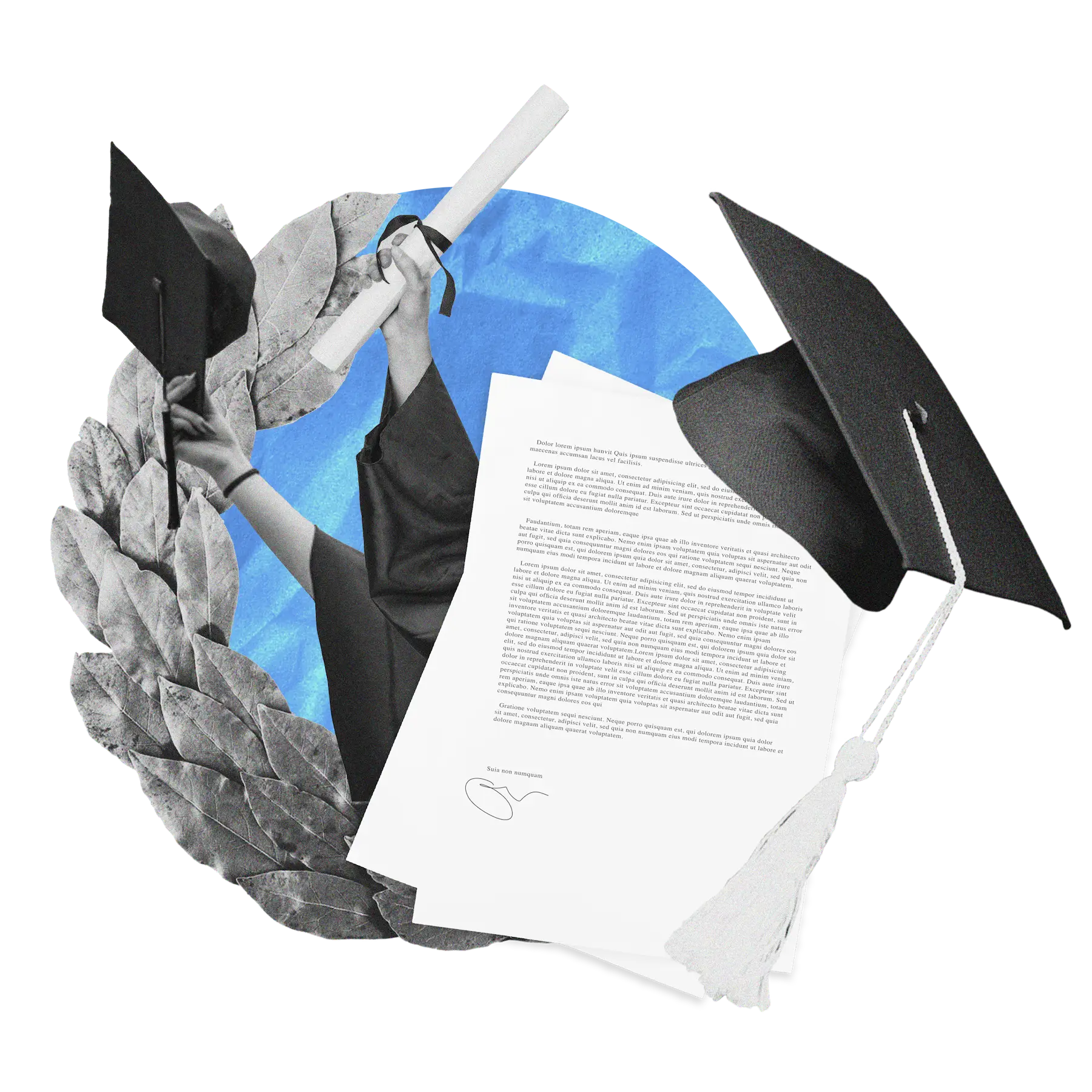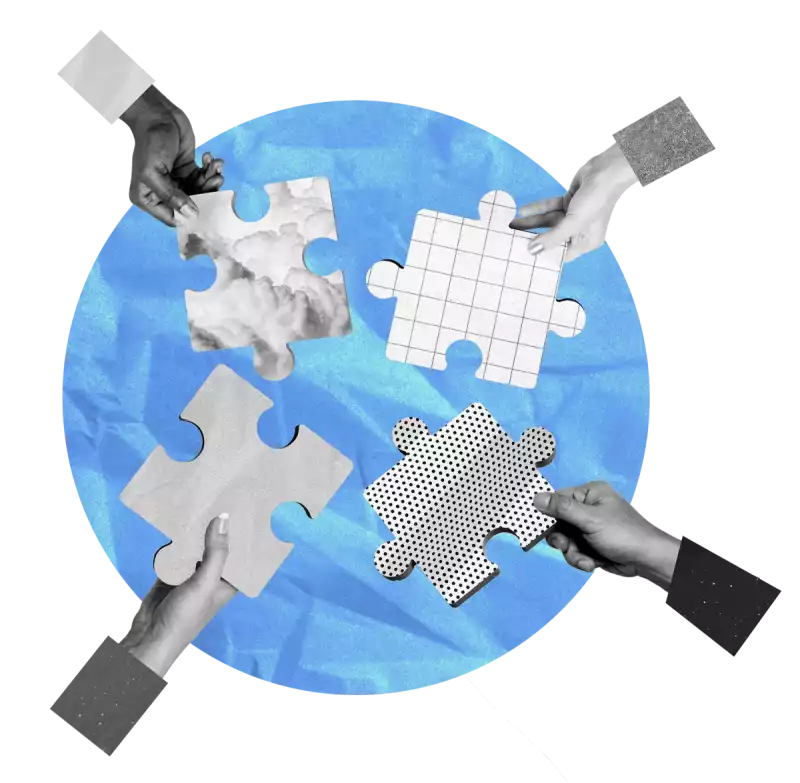Austria, Kenya, Mexico, Pakistan
Global Integrity Education
United Nations Office on Drugs and Crime (UNODC)
Global Integrity Education
Mission
Equip young graduates with ethical mindsets and strategies at the start of their careers in the private sector and empower them to become a driving force for ethical business
Goals
The project aimed at establishing and implementing an effective integrity education programme that fosters ethical decision-making in the private sector and empowering employees to serve as “ethics ambassadors” in companies.
Stakeholders
The project was implemented by the United Nations Office on Drugs and Crime (UNODC) with funding from the Siemens Integrity Initiative.
Activities
Key achievements include:
- 16 localized UNODC university modules on integrity, ethics and anti-corruption were developed as teaching resources.
14 universities adopted the UNODC modules on either a permanent or voluntary basis, showcasing the project’s sustainability and the enthusiasm of lecturers and participants of the project to educating the next generation of business leaders. - Three localized, self-paced online training courses for lecturers in English and in Spanish were created, guiding lecturers on how to teach the modules at their universities.
- More than 395 lecturers from 18 universities in Kenya, Mexico and Pakistan were trained on how to teach the UNODC university modules to their students.
- 38,370 students have been taught the modules as part of their university studies and now have an increased awareness of ethical issues and knowledge of how to prevent and counter corruption in the private sector.
- Over 40 university students who have been taught the UNODC university modules joined the private sector as “Ethics ambassadors” to become a driving force for ethical business.
- More than 670 employees from companies participated in on the-job integrity trainings based on the UNODC university modules to strengthen the corporate culture of integrity.
This information is gathered from open-source data and in some cases has been provided by initiative facilitators. We cannot guarantee the accuracy or completeness of the information and do not take responsibility for decisions made on the basis of it. Please inform us of any errors by emailing us.
Start Year
Status
- completedWork has finished and deliverables/tasks have been completed.
Countries Host
Scope
- internationalInitiative that operates in two or more countries and the countries can be specified.
Industry
Stakeholders
- Private sectorPrivately owned commercial (for-profit) entities of all sizes, including SMEs
- Academiaresearch and education institutions (privately or state owned)
Type
- Engagement-focused initiativeJoint declarations of intent, Joint capacity and learning initiatives, Industry-specific working groups, Joint events/awareness raising, Joint activities and integrity tools
Linked resources
Related Initiatives
Need help understanding the terms and categories used in this initiative?
View Methodology & Definitions










